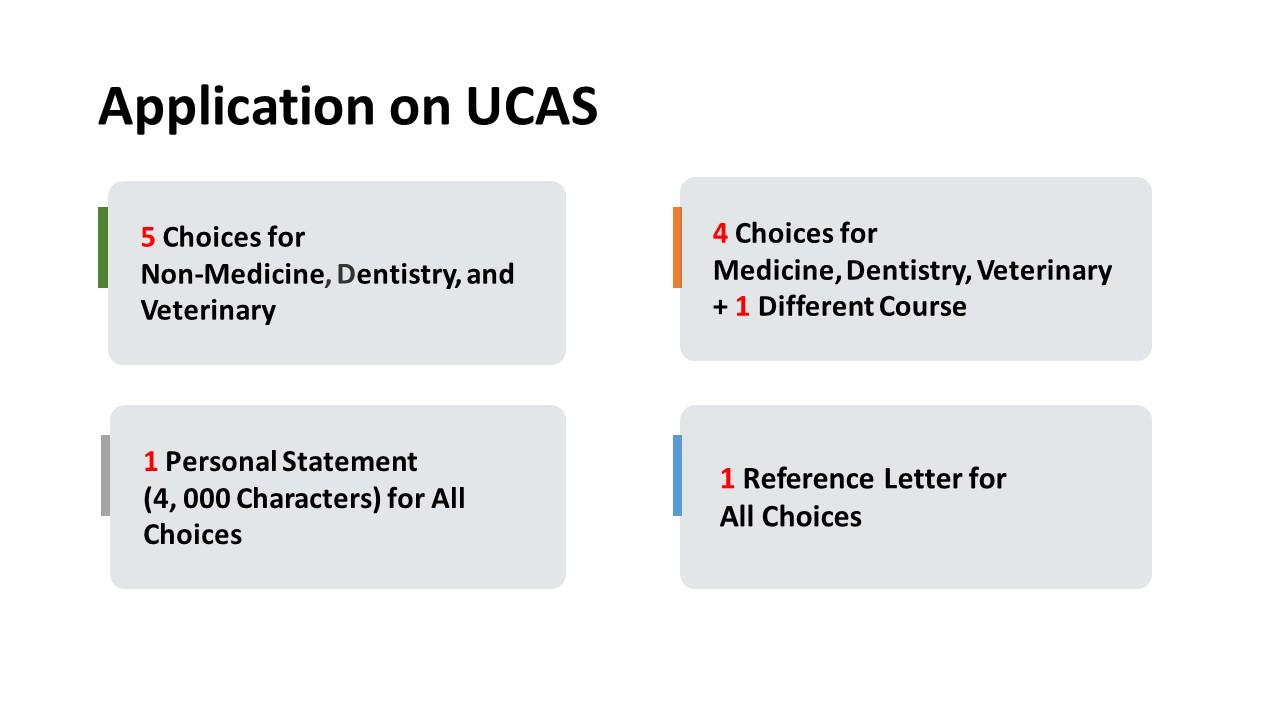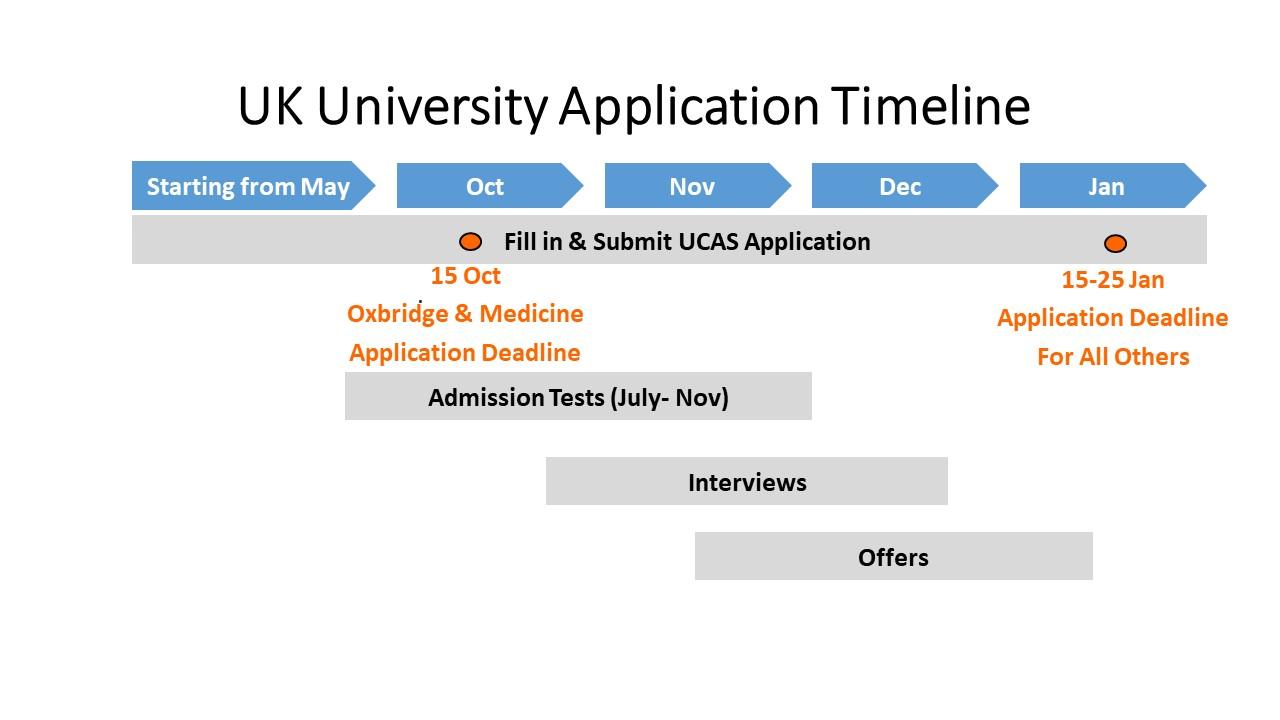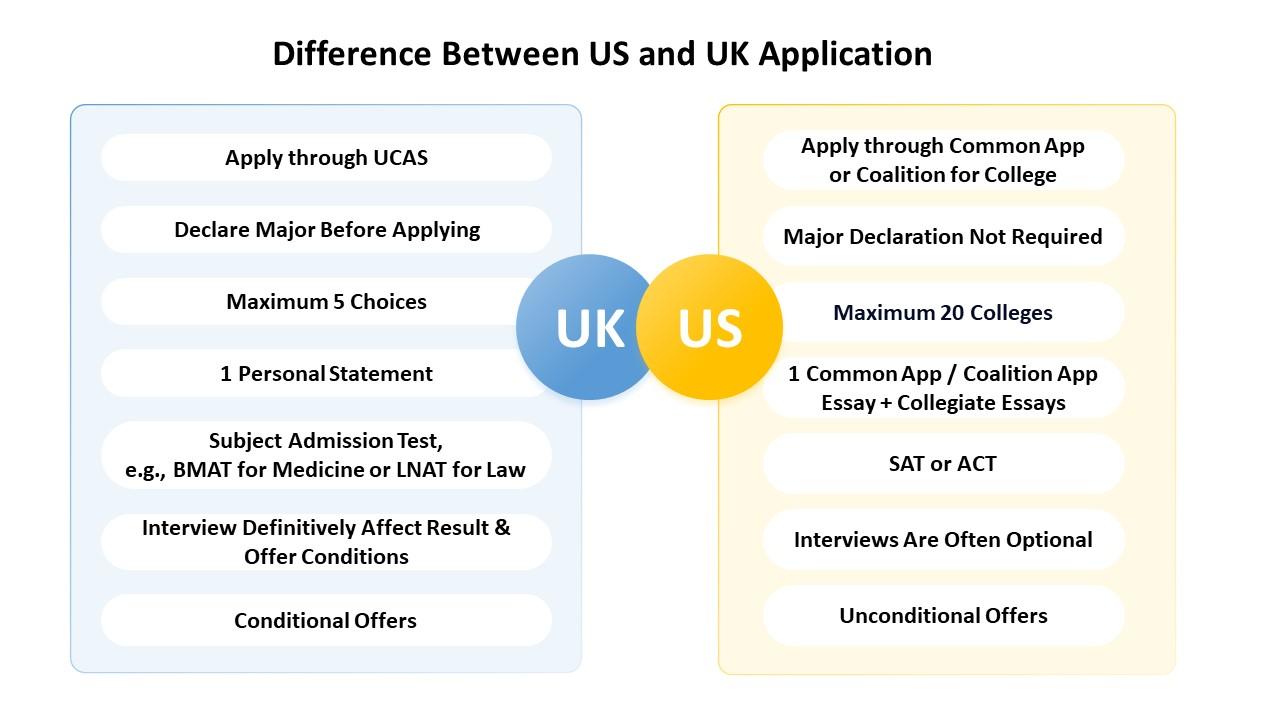UK University Admissions: The Ultimate Guide
3 minute read
Based in Hong Kong, House Academic (formerly known as Norton House) has been providing professional secondary and university admissions management services to students over the past decade, and successfully helped over 10,000 students around the world with their applications. In this initial blog post, founder and executive director Vickie will give a brief introduction to the undergraduate application to UK universities.
Overview of UK Admissions
To apply for universities in the UK, applicants have to use UCAS (The Universities and Colleges Admissions Service), a centralized platform for British university and college application submissions.
Applicants may apply to four or five choices via UCAS, depending on the subjects for which they are applying. For example, applicants for medicine, dentistry, and veterinary medicine can only apply to 4 choices in these fields, with one different course, whereas applicants for other courses can apply for up to 5 choices. If they intend to apply to Oxbridge (the abbreviation for Oxford and Cambridge), they must select either Cambridge or Oxford. Unfortunately, students cannot apply to both Oxford and Cambridge at the same time. Since there is only one personal statement, applicants are strongly encouraged to apply for similar subjects for all the choices.

Applicants can begin creating their UCAS accounts in May of the year preceding their entry year. The deadline for Oxbridge and medicine-related applications is usually on October 15, while deadlines for other universities or subjects are in late January of the following year.

What are the main differences between UK and US admissions?
A comparison chart between US and UK is displayed below for a quick review:

Admissions Testing for UK Universities
Notable differences between undergraduate applications in the US and the UK is that there are no general standardized tests like the SAT or ACT required before candidates submit the application for UK universities. However, applicants for certain subjects such as law and medicine must take the necessary admission tests (more on that in our next post!) in order to complete the application. The results of these tests are usually weighted heavily in the determination of whether the candidate is subsequently granted interviews and/or an offer letter.
Conditional vs. unconditional offers for UK Universities
In the UK, university offers are typically conditional, meaning that the recipients must achieve a certain minimum final grades on their academic qualification tests, such as IBDP or A-levels, in order to eventually fulfill the offer conditions and be qualified for acceptance. In contrast, offers of admission are usually unconditional, meaning that barring any extenuating circumstances, the candidate’s admission into the university is guaranteed at the beginning of the fall. This is commonly the reason why high school seniors who have received US college acceptances are often said to suffer from “senioritis” - a phenomenon where students suffer from a decline in motivation and academic performance.
Interviews at UK Universities
While not always a part of the UK college admissions process, there are certain colleges for which the interview is an integral part of the decision making process. Notably, Oxford and Cambridge require interviews for almost all subject areas. These interviews were conducted online during the pandemic, but they are usually in person and held during the winter. These interviews are also mostly conducted by academic “tutors” associated with particular colleges. These are not admissions officers - they are academics, professors, and researchers who are working at that particular college. The conversation you will have with them will be much more centered around your passion for and experience in the subject area you are applying to major in.
For admissions outside of Oxford and Cambridge, a lot of UK universities will require interviews for specific subject areas such as medicine and architecture - but the specifics will be university-dependent.
In contrast, interviews are almost always optional in the US admissions process. They are typically conducted by alumni interviewers rather than admissions officers or professors. The conversations in these interviews are much more informal and candidates will be asked to speak much more broadly to their aspirations and interests rather than just focusing on the intended major.
Do Your Own Research Through Polygence
Your passion can be your college admissions edge! Polygence provides high schoolers a personalized, flexible research experience proven to boost your admission odds. Get matched to a mentor now!"
